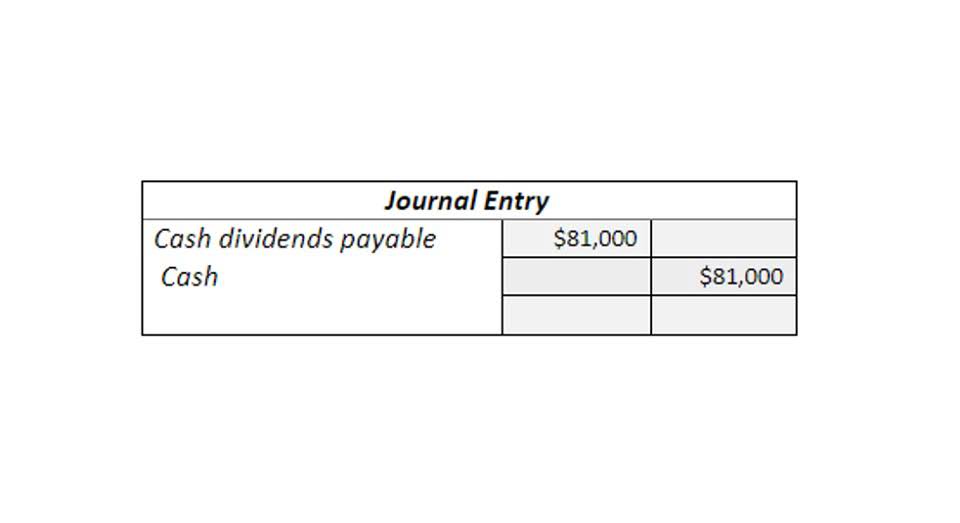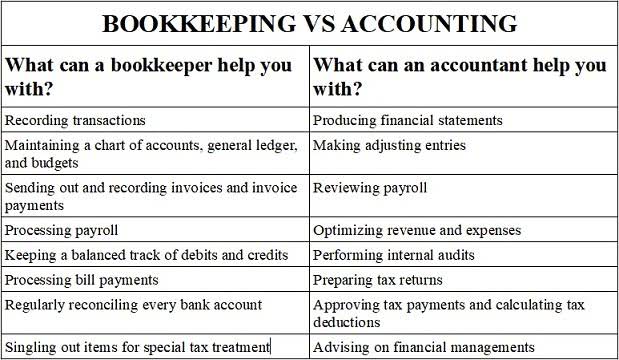
A hotel’s group business segment can have a significant impact on its annual budget. Keeping track of competitors’ performance can also be valuable when generating hotel forecasts. This level of detail can provide more income statement precise insights than looking at overall performance metrics alone. Determines optimal price points designed to balance demand elasticity, perceived value, and competitive posturing. Conduct research on local competitors, market conditions, and industry benchmarks to gain insights into current pricing strategies, demand trends, and customer preferences.
- It uses analytics to forecast demand and implement pricing and distribution strategies accordingly.
- Historical metrics such as occupancy rates, Average Daily Rate (ADR), and Revenue Per Available room (RevPAR) offer a baseline for evaluating performance.
- Hotels have a constant need for repairs and maintenance to keep their facilities in top shape.
- It is easy to mix leisure with business here.As a stopover near Daytona and Orlando, many of our guests stay with us en route to the vacation of a lifetime.
- Offline ads in newspapers, online ads, flyers, contest prizes, and other marketing materials and campaign costs.
A Detailed Look at Hotel Operating Costs

In hotels, the budget is particularly important as it functions as a management tool for various departments, such as housekeeping, the front office, or the restaurant. It is designed to optimally allocate available resources while ensuring the achievement of the company’s goals. A central aspect of budgeting in the hospitality industry is the consideration of external factors that influence demand and budget in hotel pricing. These factors include macroeconomic developments such as economic growth and inflation, which are supported by analyses like those from the Ifo Institute. In addition to occupancy, RevPAR, and ADR, hotel revenue managers should regularly review comprehensive reporting to identify and analyze all trends that affect budget performance.
Build a robust hotel financial model
These articles and related content is not a substitute for the guidance of a lawyer (and especially for questions related to GDPR), tax, or compliance professional. When in doubt, please consult your lawyer tax, or compliance professional for counsel. Sage makes no representations or warranties of any kind, express or implied, about the completeness or accuracy of this article and related content. Join Community Hub, a trusted space where Sage users connect, collaborate, and grow. Share your insights, find solutions, stay up to date, and get the most out of Sage.

Repairs and maintenance
- They also collect market and competitor data to accurately prepare the hotel budget and forecasting.
- Accordingly, Sage does not provide advice per the information included.
- Another significant variable expense for hotels is food and beverage costs.
- Being the second busiest time for tourists, they’re a lot of events and indulge to explore with us.
Use this information to position your hotel competitively while accounting for changes in supply and demand dynamics. Next, creating and optimizing your hotel budget will require understanding your workforce, especially regarding productivity and other key performance indicators. You should be able to build a picture of how productive they are and how often they work for each employee and department. The level of demand from customers is one of the most important hotel trends to track, and once a hotel has sufficient data, it can use this to create a demand calendar.

Being aware of these elements helps you create a more realistic and flexible financial plan. To compete, hotels need to be accurate with their budgeting to ensure financial results are aligned with the business objectives, and that their teams are organised and prepared to reach those goals. Look for expense trends in each department and for each line item on the budget.

What’s the Average Revenue in the Hospitality Industry?
- A plan helps hotel managers make informed decisions, allocate resources effectively, and improve profitability.
- Variable operating expenses can be more difficult to control and can fluctuate based on factors such as occupancy rates and the overall demand for hotel services.
- Identifying this can be a huge milestone in your business budget planning session.
- Instead of concentrating on short-term returns, capital budgets are designed to evaluate how these longer-term projects will add value and drive growth over time.
- Share the individual departmental budgets with the relevant stakeholders and double-check that they understand the requirements and the hotel’s strategic objectives.
- Housekeeping costs can vary depending on factors such as the size of the hotel, the number of rooms, and the level of cleanliness expected by guests.
- In general, a hotel that is less than 50 euros is considered a budget hotel.
Hotel budget elements refer to the specific line items or components that make up the hotel’s financial plan. They are the building blocks of the budget, outlining where income and expenses are allocated. General “undistributed” operating expenses include things such as administrative expenses, sales and marketing expenses, and property operation Online Bookkeeping and maintenance. Lund recommends hoteliers reference The Uniform System Of Accounts For The Lodging Industry (USALI) when going through their budgeting and financial planning process.

Set revenue targets
Whether you are creating a budget for the first time or simply want to know if your expenses are in line with industry standards, there are benchmarking tools that can help. Creating a budget involves having each department leader work out their resources, payroll, expenses, and revenues. Hotels create budgets to stay organized and align their teams on delivering financial results for owners and investors. This guide will show you everything you need to know about hotel budgets and how to create your hotel budget for 2025.
- It allows management to allocate resources efficiently, identify potential cost savings, and set realistic financial goals.
- This document should precisely demonstrate what happens to demand levels for hotel rooms, corporate services, and other offerings throughout the year.
- A hotel budget is a financial plan that outlines the projected income and expenditures for a specific period, usually one fiscal year.
- She entered the hotel world in 2013 as a housekeeping team member and worked her way through various departments before being appointed to Director of Sales.
- Dean has made writing and creating content his passion for the entirety of his professional life, which includes more than six years at SiteMinder.
This should be based on your historical data, market trends, and any planned marketing or sales initiatives. While it can be difficult to precisely predict revenue, effective revenue management is a key part of creating a hotel budget. Monitor your budget’s performance regularly by comparing actual revenue and expenses with the budgeted figures. Implement a proactive budgeting and forecasting process to identify discrepancies early and adjust accordingly. Market conditions and competitive factors play a crucial role in hotel budgeting. Keeping an eye on economic trends, local developments, and competitor pricing strategies allows hoteliers to predict changes in their financial performance.
